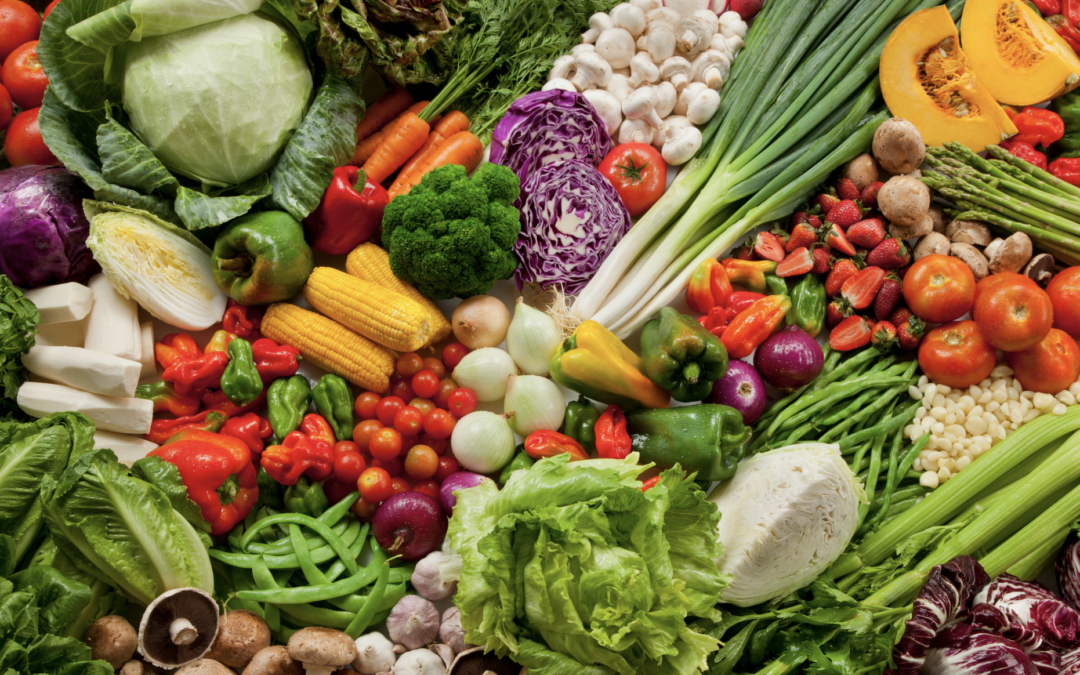Semaglutide has emerged as a valuable therapy for weight management. However, gastrointestinal side effects, often related to slowed digestion, can sometimes accompany its use. This presents a challenge, as vegetables, crucial for a balanced diet, can exacerbate these issues. Fortunately, with a strategic approach, you can create a Semaglutide-compatible diet rich in the beneficial aspects of vegetables.
The Power of Produce:
- Fiber Focus: Semaglutide’s mechanism of action can potentiate the effects of high-fiber vegetables, leading to bloating and discomfort. Prioritize low-fiber options like leafy greens (kale, spinach), mushrooms, asparagus, and zucchini.
- Embrace Variety: A vibrant plate translates to a wider range of essential vitamins and minerals, crucial for overall health. Bell peppers, eggplant, and broccoli are all excellent choices for incorporating color and nutrients.
- Hydration and Satiety: Vegetables are high in water content, promoting satiety and keeping you feeling fuller for longer, aiding in weight management goals.
Strategies for Semaglutide Success:
- Gradual Introduction: Introduce new vegetables incrementally to allow your digestive system to adapt.
- Portion Control: While vegetables are a cornerstone of a healthy diet, be mindful of portion sizes, especially with starchy options like corn and peas.
- Cooking Considerations: Opt for gentle cooking methods like steaming, roasting, or grilling to minimize digestive irritation.
- Hydration is Paramount: Adequate water intake facilitates digestion and prevents constipation, a common side effect.
Individualized Optimization:
- Body Awareness: Certain vegetables may trigger your specific digestive sensitivities. Pay close attention to how your body reacts and adjust accordingly.
- Consult a Healthcare Professional: A doctor or registered dietitian can tailor a plan that incorporates your preferences, health goals, and Semaglutide use.
Conclusion:
Semaglutide serves as a valuable tool, but long-term weight management success hinges on a healthy diet. By strategically incorporating vegetables and working with your healthcare team, you can create a sustainable and effective weight loss plan that harnesses the power of both Semaglutide and a balanced diet.

